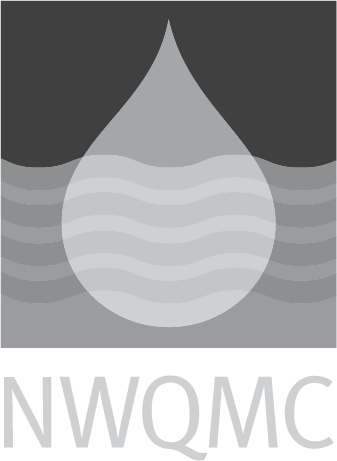AOAC: 990.08: Metals in Solid Wastes by ICP
|
Official Method Name
|
Metals in Solid Wastes by Inductively Coupled Plasma Atomic Emission Method |
|---|---|
|
Current Revision
| First Action - 1993 |
|
Media
|
WATER |
|
Instrumentation
|
Inductively Coupled Plasma - Atomic Emission Spectroscopy |
|
Method Subcategory
|
Inorganic |
|
Method Source
|
|
|
Citation
|
|
|
Brief Method Summary
|
Method measures element-emitted light by optical spectrometry. Digested materials are nebulized into radio-frequency inductively coupled plasma. Spectra of elements are dispersed by grating spectrometer, and intensities are measured by photomultiplier tubes. Correction for background and interferences is required. |
|
Scope and Application
|
Applicable to determination of Al, Sb, As, Ba, Be, Cd, Ca, Cr, Co, Cu, Fe, Pb, Mg, Mn, Mo, Ni, K, Se, Ag, Na, Tl, V, and Zn in coal fly ash, industrial and electroplating sludges, mine tailings, river sediments, and soils. |
|
Applicable Concentration Range
|
None given. |
|
Interferences
|
I. SPECTRAL INTERFERENCES: (1) Background emmission or stray light. (2) Spectral overlap of emissions. II. PHYSICAL INTERFERENCES: High viscosity or high particulate levels of sample can clog nebulizer. III. CHEMICAL INTERFERENCES: (1) Compound formation. (2) Ionization. (3) Solute-vaporization. IV. MEMORY INTERFERENCES: Carry-over from sample. |
|
Quality Control Requirements
|
instrument check std. soln., interference check std. soln., quality control std. soln. |
|
Sample Handling
|
No information given. |
|
Maximum Holding Time
|
|
|
Relative Cost
|
$201 to $400 |
|
Sample Preparation Methods
|




